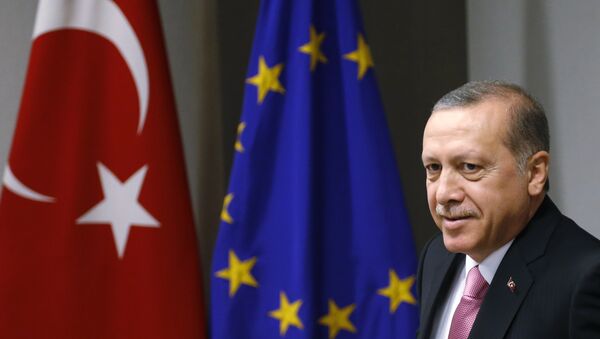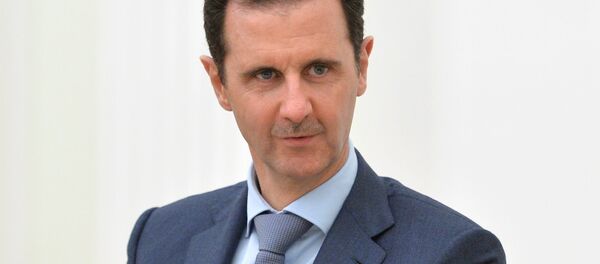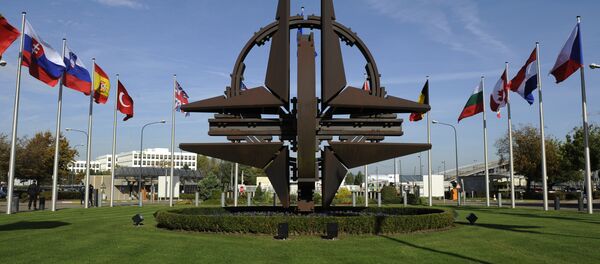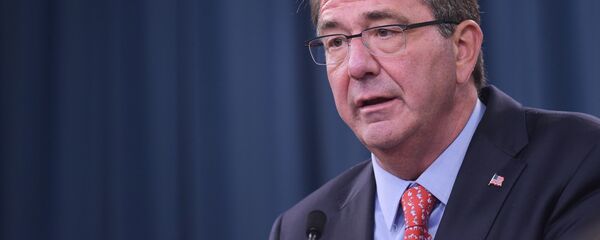Beginning his opinion piece for the Guardian, Eiland recalls a pair of meetings he had 12 years ago while serving as the chief of Israel’s National Security Council.
The first of those meetings was with the head of a Russian think tank, long before Daesh, also known as ISIL/The Islamic State, came into existence.
"The Russian official warned about the formation of an Islamic caliphate in Iraq…he warned that this caliphate would try to take control of the Middle East…At the same time, it would try to take advantage of the weakness of the west and would turn its attention to Europe.
"His conclusion was that Russia, the western powers and Israel shared a common enemy and it was in their utmost interests to join forces to defeat it."
According Eiland, he also met with a number of other Russian officials over the years who described the US war in Iraq as "imbecilic."
Eiland then goes on to quote a Turkish official who outlined Ankara’s worldview.
"'We know that we cannot get the lands that were under the control of the Ottoman empire before 1917,' he said, 'but do not make the mistake of thinking that borders that were dictated to us at the end of the first world war by the victorious countries…are acceptable to us.
"'Turkey will find a way to return to its natural borders in the south – the line between Mosul in Iraq and Homs in Syria. That is our natural aspiration and it is justified because of the large Turkmen presence in that region,'" the official said.
In comparing these two meetings, Eiland draws three conclusions about the currently relations between Ankara, Moscow, and the West.
"First, that Russia predicted long ago the rise of Isis and that Moscow sees the organization as a major strategic threat. Second, that the Russian are right to expect the west to prioritize the battle against ISIS, and leave disagreements over other matters until later. Third, although Turkey is a member of NATO, it is not acting in a way that promotes NATO’s interests.
"Rather, it is dragging the organization into a skirmish in order to protect Turkish interests…"
For Eiland, the threat posed by Daesh is “similar to the threat that Nazi Germany posed,” and one that the West needs to join Russia in fighting.
"The French president, Francois Hollande, seems to have accepted this, and we can only hope that he manages to persuade the other NATO countries both to restrain Turkey and to join forces with Russia," he writes.
"For Israel, too, the conclusion is clear: victory over ISIS must come first."





